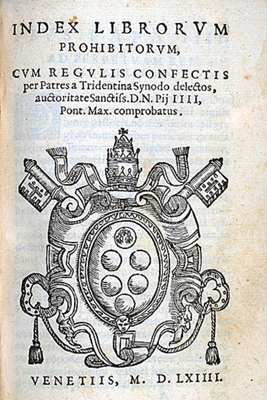Conference relates the power of books to fear and censorship throughout history
| Jean-Yves Mollier will reflect on the role and place of printed books in contemporary societies (Photo: personal collection) |
The power of books and how they have been fought and censored through the centuries will be the theme of a meeting that will take place in the IEA Events Room on August 17 at 10.30 am. 'Who is afraid of books?' will be a conference with Jean-Yves Mollier, professor emeritus of the University of Versailles Saint-Quentin-en-Yvelines, under the coordination of Marisa Midori Deaecto, from USP's School of Communications and Arts (ECA) and a participant in the Institute's sabbatical program this year. The event is supported by the Consulate General of France in São Paulo and the Institut Français in Brazil. Mollier will speak in French, with simultaneous translation and live webcasting.
Mollier devoted his career to the history of books, edition and reading practices in France from the 19th to the 21st century. Among his books, O Dinheiro e as Letras (História do Capitalismo Editorial) ('Money and Letters (History of Editorial Capitalism)'), was published and translated in several countries, including Brazil (Edusp, 2010), marking a whole generation of researchers.
Throughout history, books have generated distinct opinions as to their importance. Writer Marie-Joseph Chénie, the immortal author of Chant du départ, for example, said that "it is to the books that we owe Revolution," citing the French Revolution of 1789. Swiss Jesuit Nicolas de Diesbach, in his book Le Chrétien catholique inviolablement attache à sa religion (1771), writes that the printed text was like a terrible weapon in service of the devil.
 |
|---|
| Index librorum prohibitorum has been a form of censorship by the Catholic Church |
Still in this aspect, the Catholic Church produced the Index librorum prohibitorum in the 16th century. It was a list of prohibited works, containing theories the Church did not support. Created in 1559, the list went through several updates and was abolished only in 1966 by Pope Paul VI.
"These and other examples lead us to inquire about the relationship between book and fear. Censorship and power. In a single term, the theme leads us to reflect on the role and place of the printed book in contemporary societies from a historical perspective," comments Deaecto.
The question 'Who is afraid of books?', besides stimulating some issues about "fear," proposes to put printed media - and particularly books - as a protagonist in this broader history of power and censorship.
Fear will be the motto of several events held by the institutes of advanced studies integrating of the international network Ubias (University-Based Institutes for Advanced Study), that chose it as topic of the year. The idea is to produce a discussion of the political, sociological, psychosocial, neurological, biological and cultural aspects of fear.
